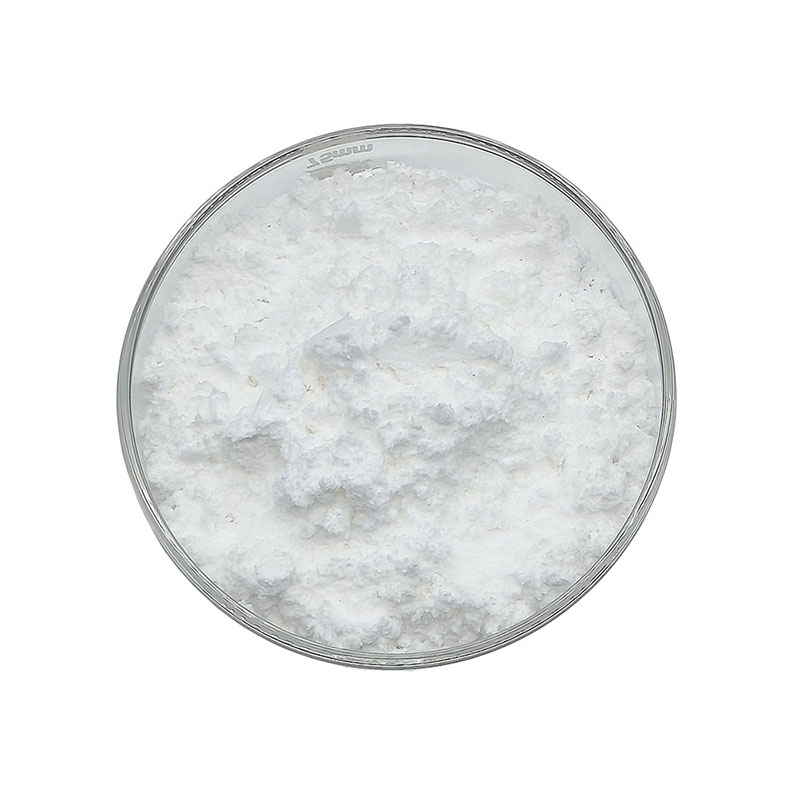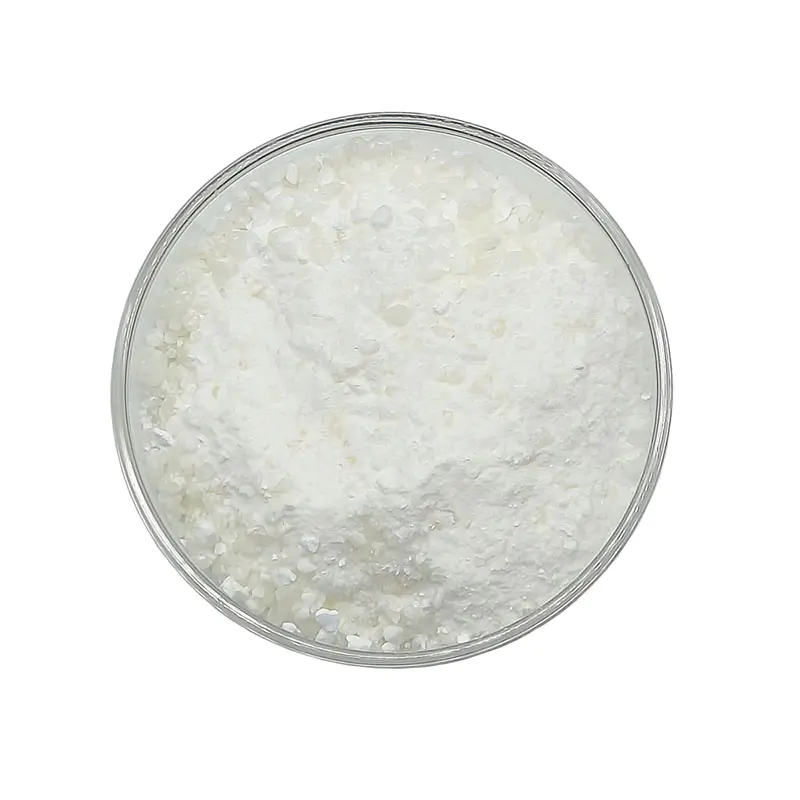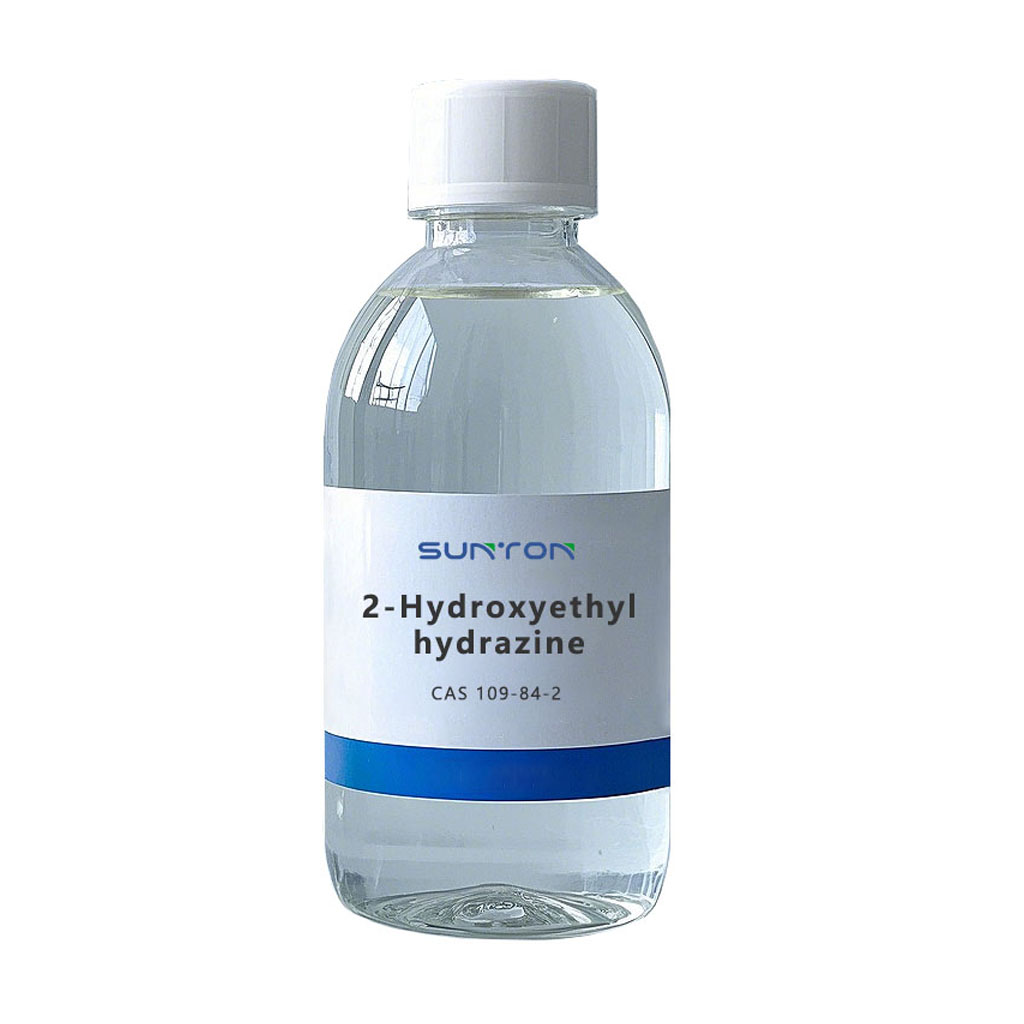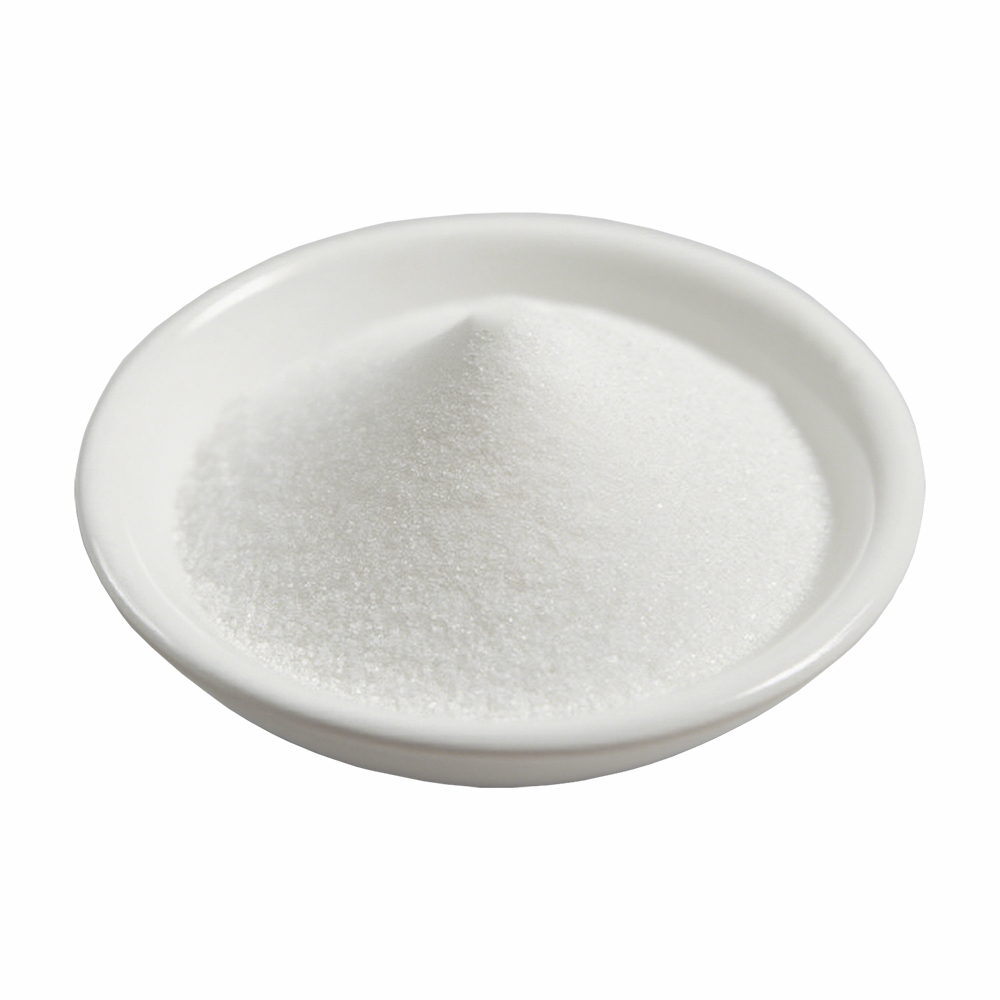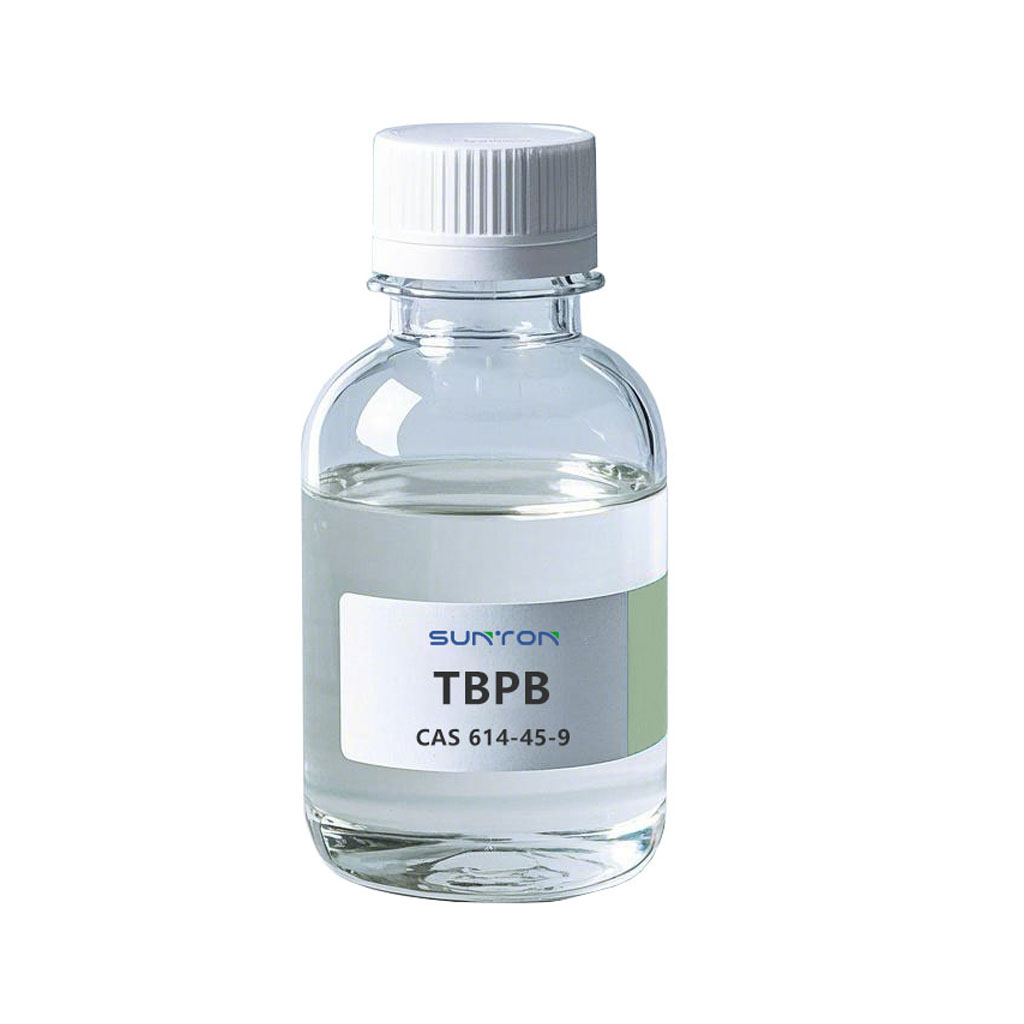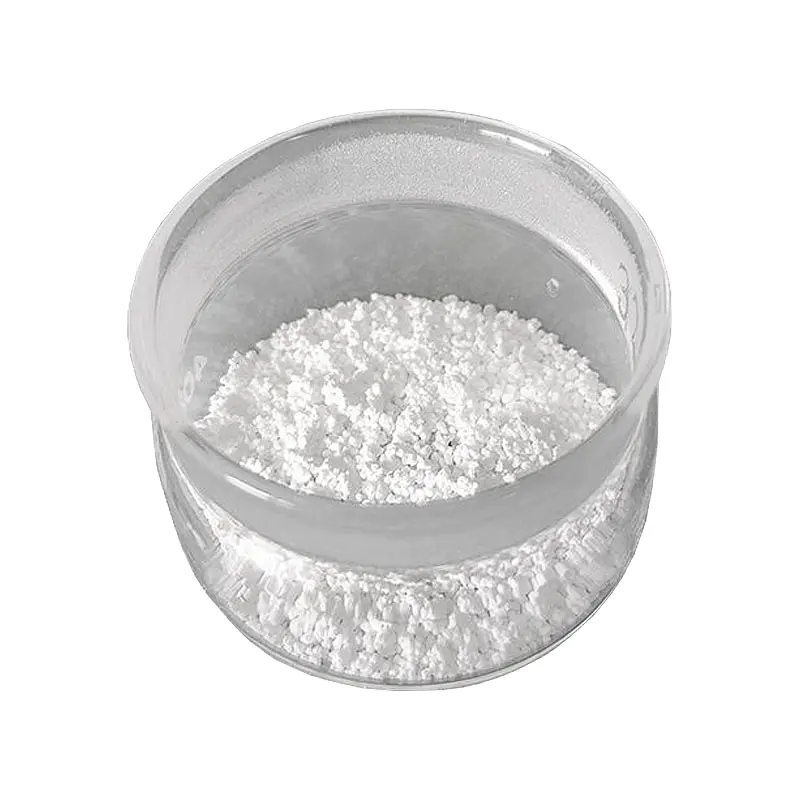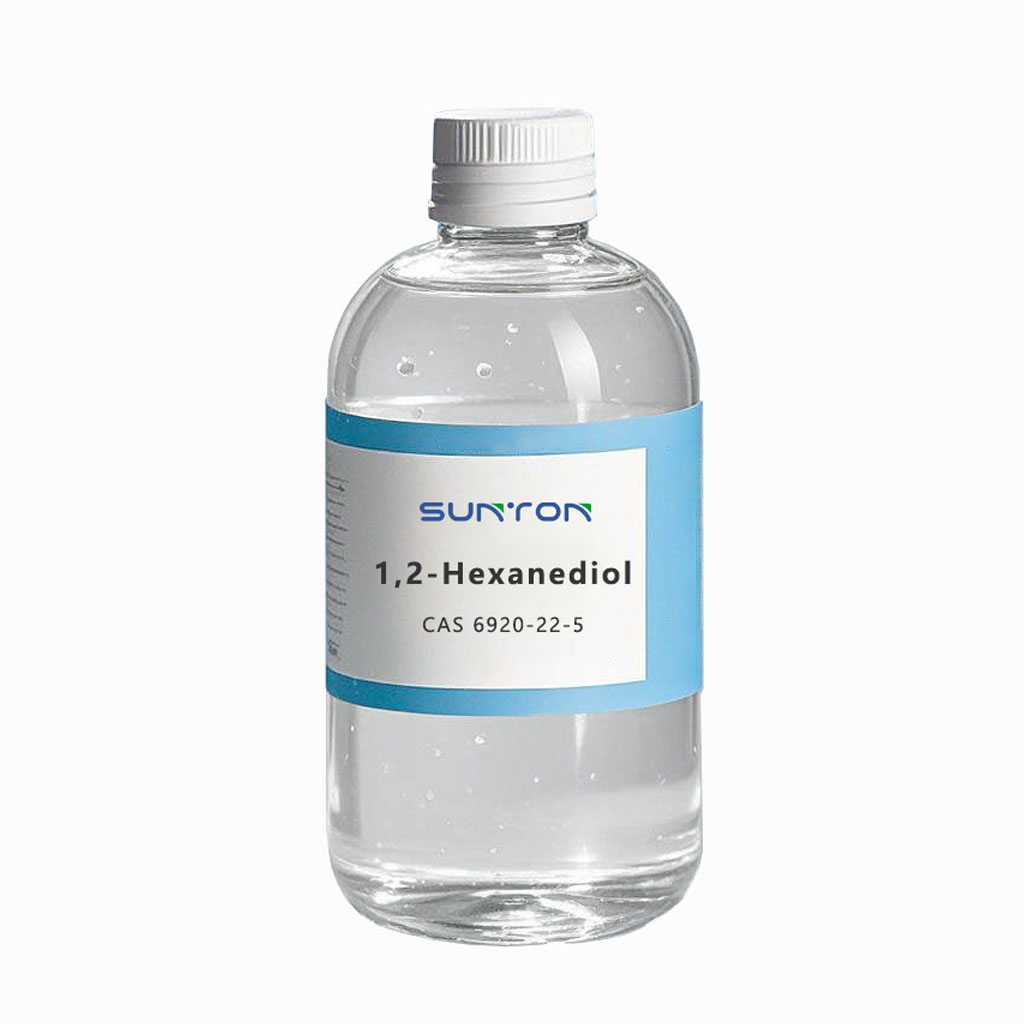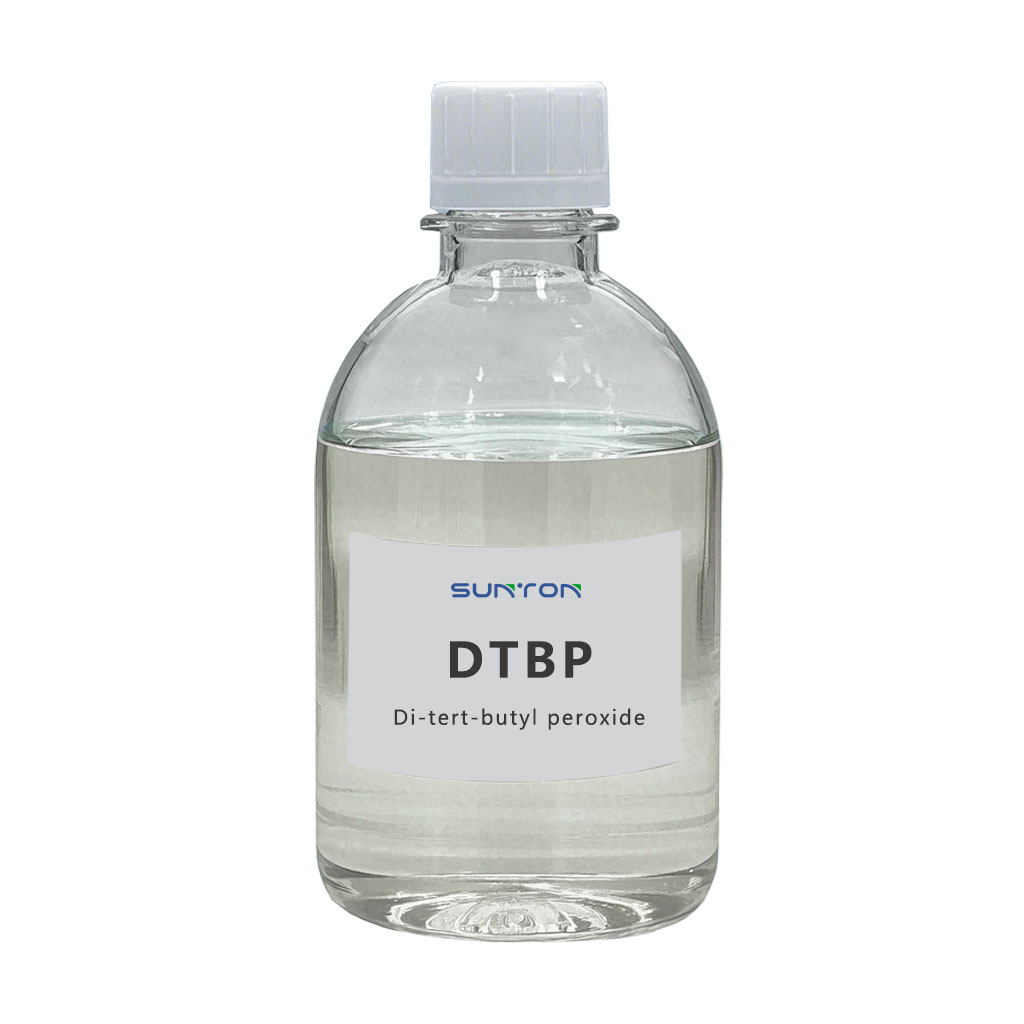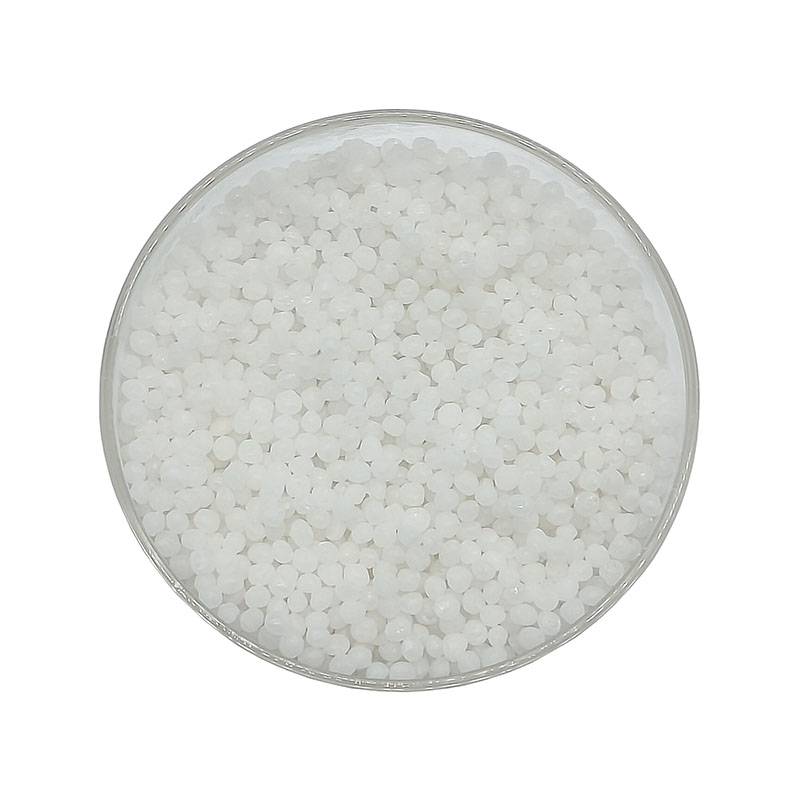Search By Posts
Product Category
Industry News
 By Admin
By Admin
Why Is the Flame Retardancy of Melamine Cyanurate Gaining Industry Attention?
In the rapidly evolving landscape of advanced materials, flame retardants are playing an increasingly critical role in ensuring product safety and compliance with regulatory standards. Among the wide range of available solutions, melamine cyanurate has become a frequent subject in industry news due to its exceptional performance in engineering plastics. Unlike conventional flame retardants, it combines high thermal stability, environmental friendliness, and excellent compatibility with polyamide systems. These unique features are driving its growing use across sectors such as automotive, electrical, electronics, and textiles.
Technical Characteristics
Melamine cyanurate is a nitrogen-based flame retardant, and its effectiveness lies in its ability to release inert gases and form a protective char layer during combustion. This mechanism significantly improves the flame resistance of polyamide materials, particularly nylon 6 and PA66. At the same time, it avoids many of the environmental and safety concerns associated with halogen-containing flame retardants.
The following table compares melamine cyanurate with other common flame retardants:
| Performance Indicator | Melamine Cyanurate | Halogen Flame Retardant | Phosphorus Flame Retardant |
|---|---|---|---|
| Flame Retardancy Efficiency | High | High | Medium |
| Environmental Friendliness | Excellent | Poor | Good |
| Compatibility with Polyamide | Excellent | Moderate | Good |
| Thermal Stability | High | Medium | Medium |
| Smoke/Toxic Gas Emission | Low | High | Medium |
Application Value and Industry Dynamics
The global trend toward halogen free flame retardant solutions has accelerated the adoption of melamine cyanurate in engineering plastics. Its performance is particularly valued in electronic housings, automotive components, electrical insulation, and textile flame-retardant treatments.
In practice, melamine cyanurate flame retardant for polyamide is widely used as an additive in nylon-based composites. It enhances fire safety without compromising the mechanical strength or thermal properties of the base material. This makes it a preferred choice for industries seeking high-performance materials that meet strict safety and environmental standards.
Market Trends and Supply Outlook
As industrial demand grows, the role of melamine cyanurate supplier and melamine cyanurate manufacturer is becoming more critical in ensuring stable global availability. Increasing regulatory requirements for safer materials have led to stronger interest in high purity melamine cyanurate powder.
Key market elements shaping the outlook are summarized below:
| Market Element | Key Description |
|---|---|
| Growth Drivers | Engineering plastics, automotive electronics, textile use |
| Procurement Mode | Buy melamine cyanurate in bulk dominates |
| Price Trend | Melamine cyanurate price per kg shows steady growth |
| Industry Focus | Melamine cyanurate safety data sheet and eco certification |
Technical Barriers and Development Potential
One of the defining strengths of melamine cyanurate as a flame retardant additive is its safety profile. Unlike halogen-based agents, it does not produce large amounts of toxic gases during combustion. This characteristic aligns with the dual demand for safety and sustainability in today’s industrial materials sector.
Furthermore, melamine cyanurate thermal stability ensures consistent performance in high-temperature applications. In engineering plastics, its role is expanding, and melamine cyanurate in engineering plastics has become a research hotspot. Blending it with other nitrogen- or phosphorus-based agents can also deliver synergistic effects, optimizing flame retardancy and processing behavior.
Industry Outlook
Demand for melamine cyanurate is set to rise steadily with the growth of automotive lightweighting, advanced electronics, and flame-retardant textiles. Both melamine cyanurate wholesale price and reliable supply will remain focal points for industrial buyers. Applications such as melamine cyanurate for automotive parts and electrical insulation are expected to see sustained market traction.
Additionally, the shift toward sustainable materials is elevating the profile of eco friendly melamine cyanurate material. This not only satisfies international environmental regulations but also creates new opportunities for companies throughout the value chain.
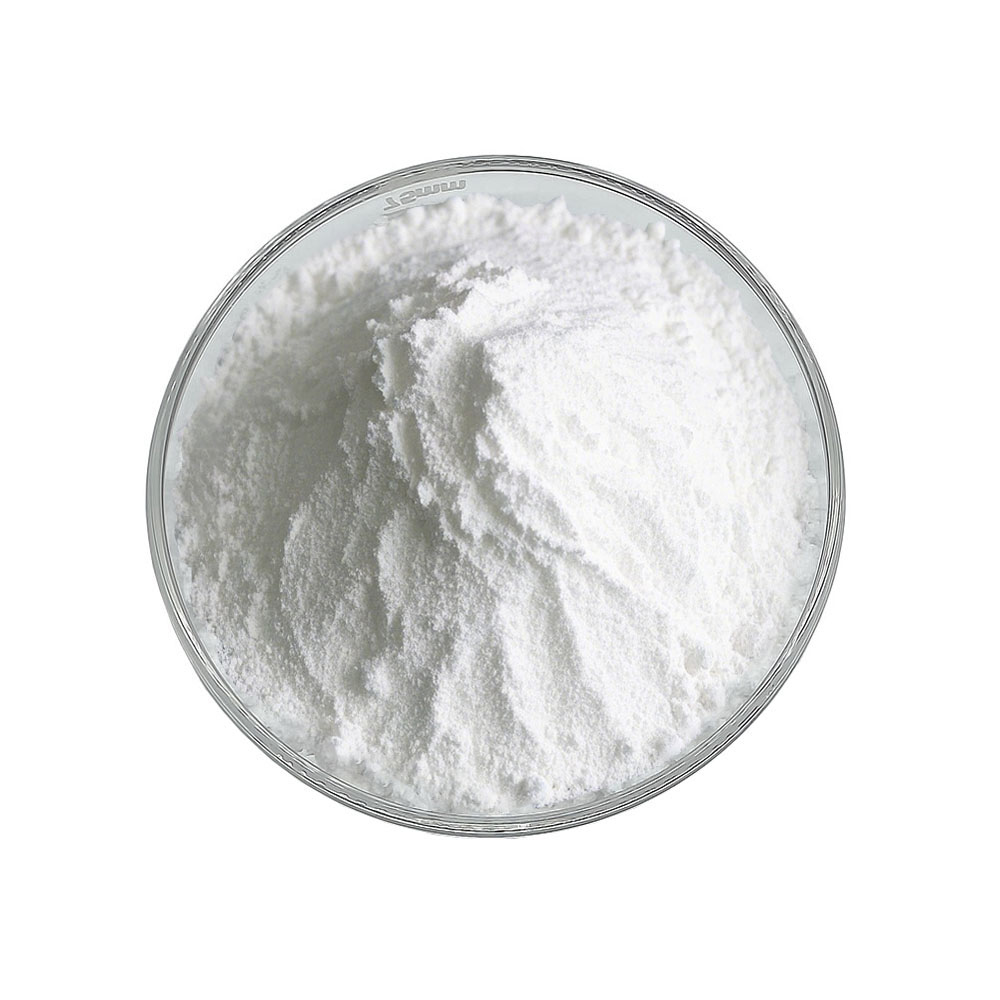


 English
English 中文简体
中文简体
